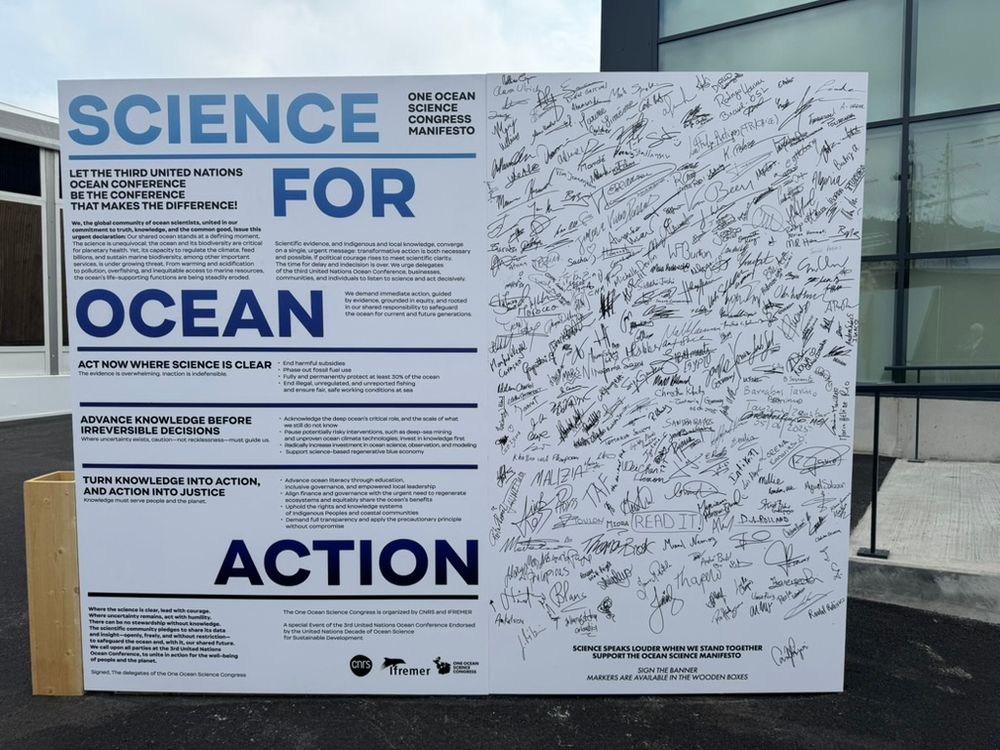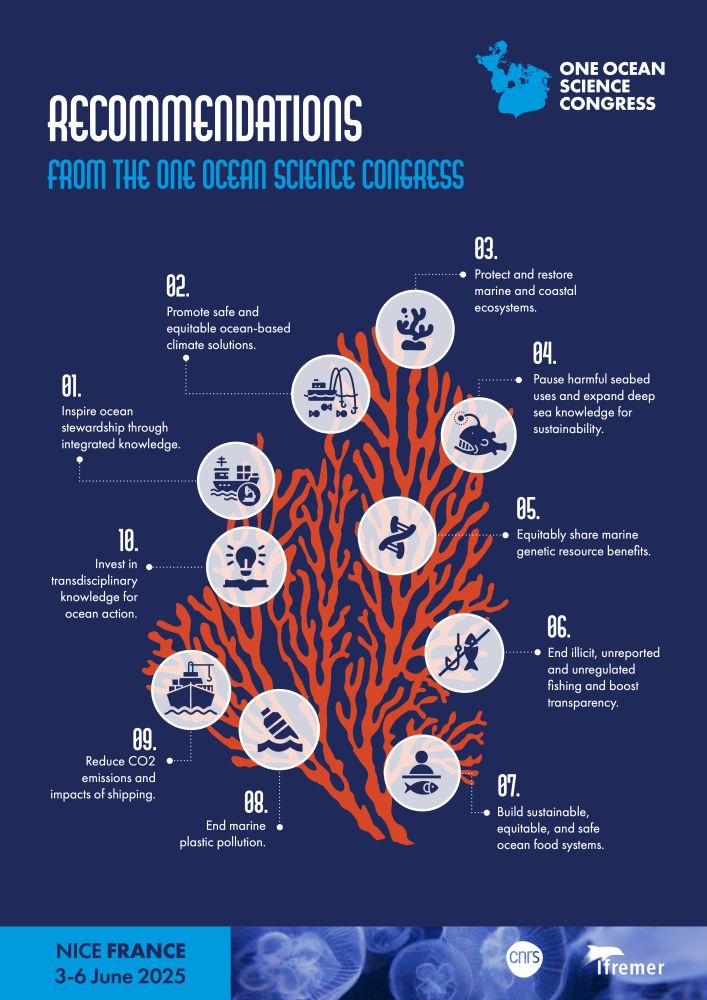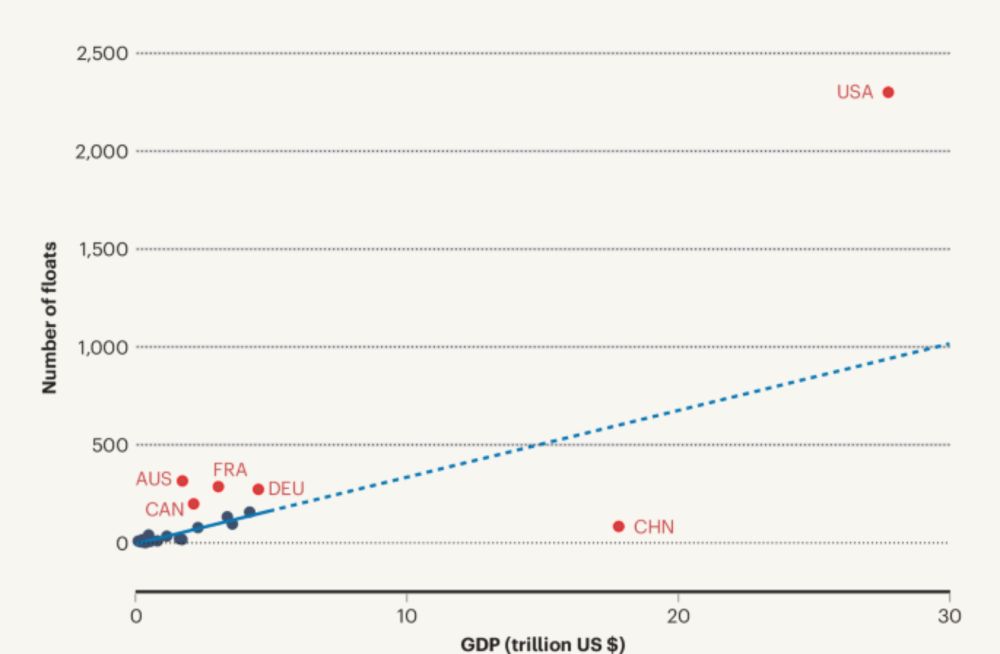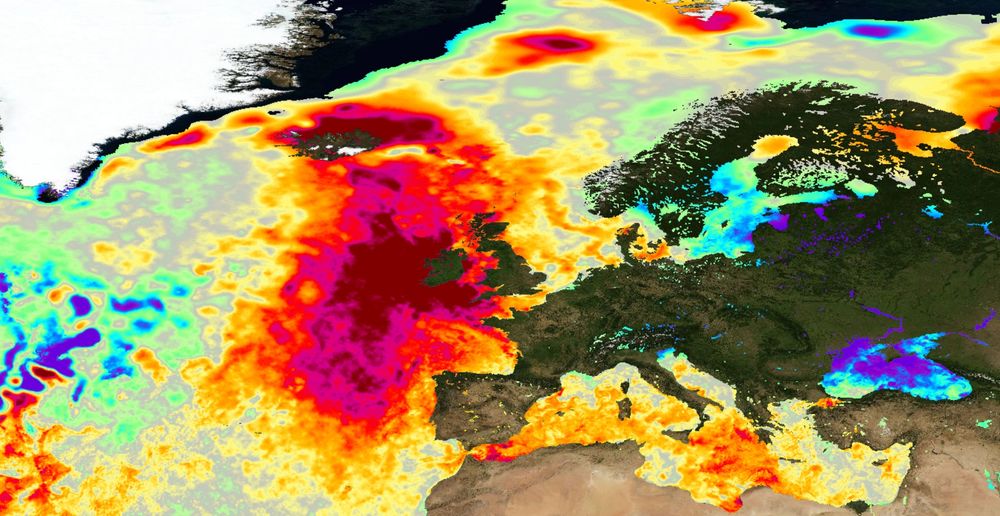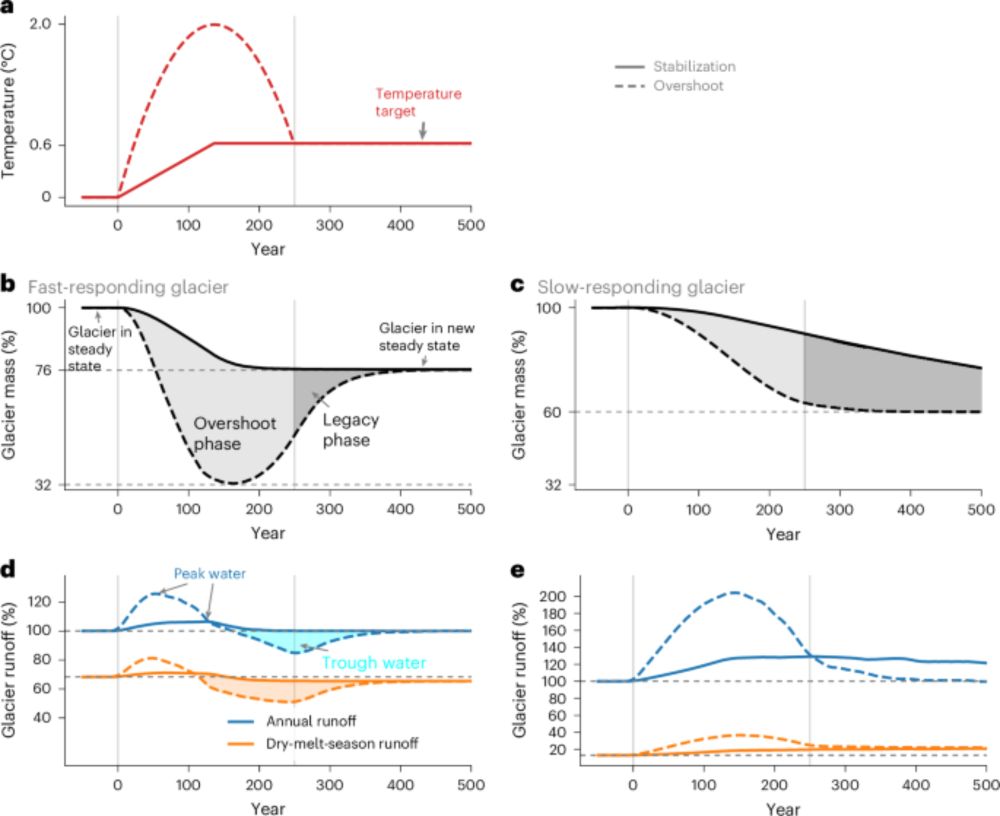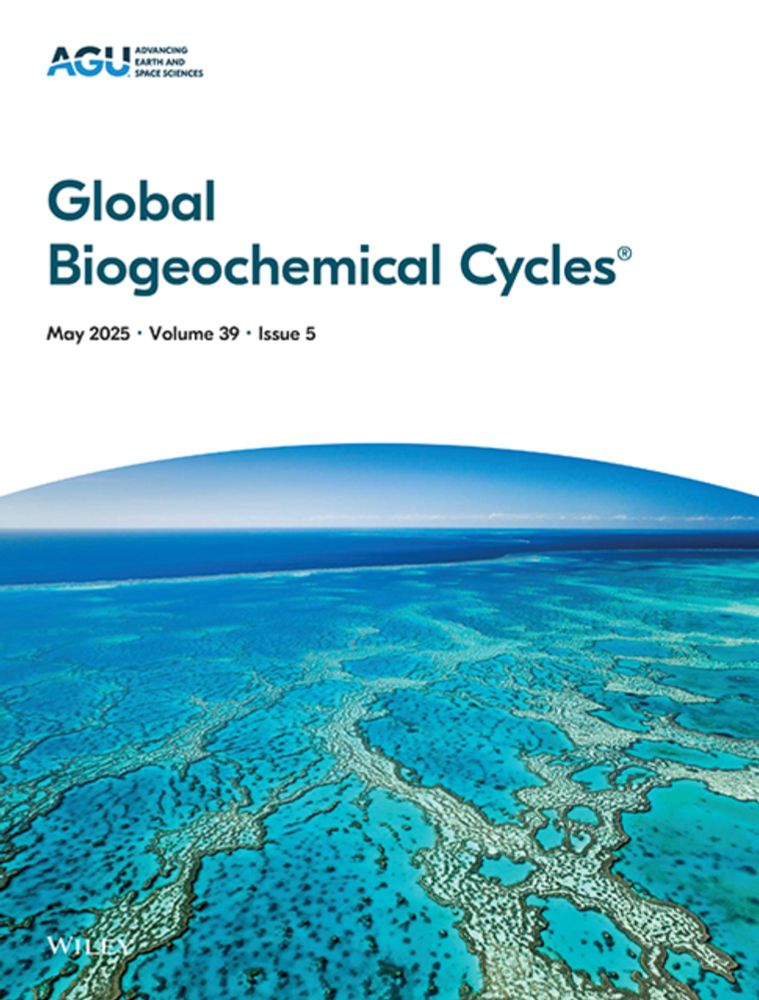Thomas Frölicher
@froeltho.bsky.social
3K followers
520 following
72 posts
Professor in Climate and Environmental Physics @unibern, Lead Author @IPCC_CH SROCC, Views are my own
Posts
Media
Videos
Starter Packs
Reposted by Thomas Frölicher
Reposted by Thomas Frölicher
Reposted by Thomas Frölicher
Juliano Palacios A.
@julianop.bsky.social
· Jul 30
Reposted by Thomas Frölicher
Reposted by Thomas Frölicher
Reposted by Thomas Frölicher
Reposted by Thomas Frölicher
Reposted by Thomas Frölicher
Reposted by Thomas Frölicher
Reposted by Thomas Frölicher
Thomas Frölicher
@froeltho.bsky.social
· May 20
Thomas Frölicher
@froeltho.bsky.social
· May 19
Reposted by Thomas Frölicher







